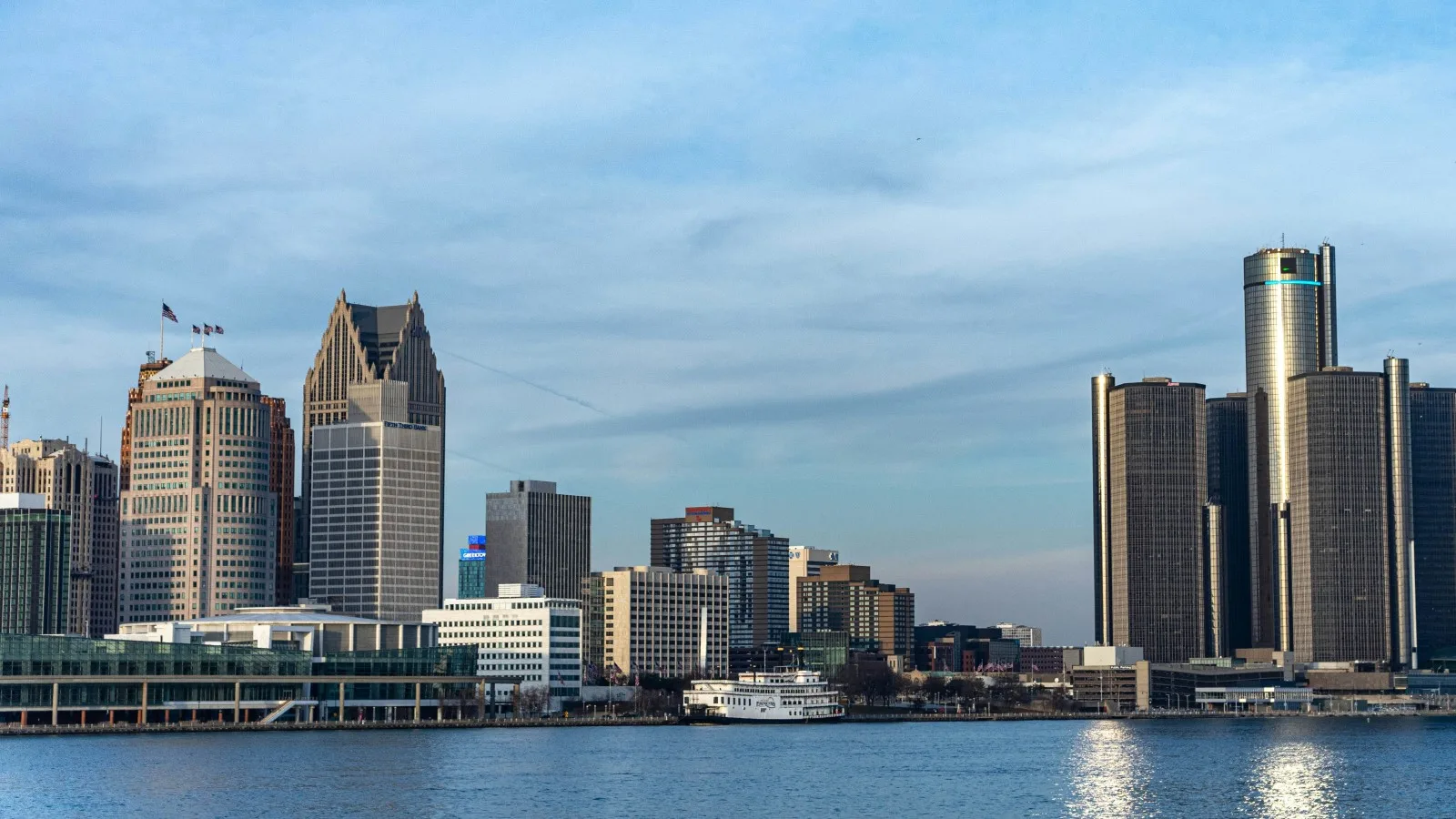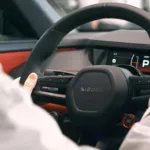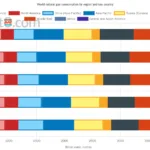Original Report: www.cbc.ca(full story)
- The Detroit battery tech show showcases the electrification of the auto industry amid election uncertainty.
- Industry leaders express concerns about decisions affecting future growth amidst potential policy shifts.
At North America’s largest battery technology showcase, the focus is on the electrification of the automotive sector, juxtaposed with the uncertainty of an impending presidential election. With mounting pressure for lower costs and enhanced reliability, industry figures are apprehensive about navigating the upcoming political landscape. James Trevey, an expert in battery supply chains, noted that the election has already hampered progress. He emphasized that the election outcome could significantly impact the industry, creating a slowdown in an otherwise rapidly growing field.
Questions surrounding the potential policies of former President Donald Trump, should he reclaim the presidency, were frequently raised. Suzanne Swink, vice president of government relations at KORE Power, remarked that if Trump is elected, a more measured policy approach—akin to a scalpel rather than a sledgehammer—would likely ensue. This could entail increased tariffs on foreign vehicles and components, reductions in tax incentives for battery manufacturers, or alterations to environmental regulations related to emissions.
Conversely, speculation surrounds Vice-President Kamala Harris’s plans, with expectations of continuity or expansion of effective programs that have attracted battery manufacturers to the U.S., such as the 45X tax credit introduced in the Inflation Reduction Act. This incentive provides qualifying companies with a $45 tax credit for each produced battery cell and module.
In terms of advancements, Timothy DeBastos from LG Energy Solution celebrated significant strides in battery technology, notably achieving an eight-minute charging time for their latest battery in development. He highlighted the transformation in vehicle range—from a mere 112 kilometers in 2012 to 500 kilometers for today’s leading battery electric vehicles. DeBastos also pointed out the ongoing challenges in enhancing fast-charging infrastructure across North America, a critical area requiring improvement in collaboration with the government.
As LG Energy Solution inches closer to mass production capabilities, DeBastos underscored the critical balance between scalability and quality, indicating that they are on the verge of meeting that essential benchmark.







